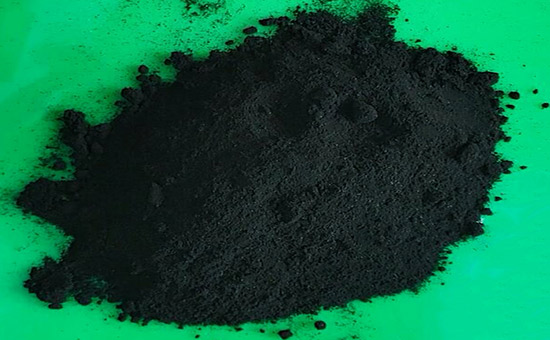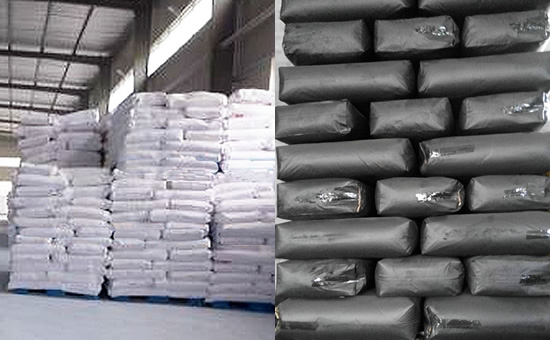
The main components include rubber hydrocarbons, carbon black, calcium carbonate and other inorganic fillers, sulfur, accelerators, antioxidants, etc., and the specific components vary depending on the type of tire and the production process. The content of carbon black in tire rubber powder is usually among 15% and 25%, and tire rubber powder can be used instead of carbon black in the production of some rubber products.
1. The cost-effective advantages of using tire rubber powder instead of carbon black are reflected in the following points:
(1) Reduce costs: The price of tire rubber powder is lower than that of carbon black, and the use of tire rubber powder instead of carbon black in the production of rubber products can effectively reduce the cost of raw materials.
(2) Improve processing performance: Tire rubber powder can improve rubber processing performance and improve the tensile strength and wear resistance of rubber.
(3) Environmental protection: the use of tire rubber powder instead of carbon black to produce rubber products can reduce the environmental pollution caused by waste tires; Compared to the large amount of CO2 emissions that can be generated during the production of carbon black, the production process of tire rubber powder is more environmentally friendly and helps to reduce the carbon footprint of the product; Therefore, tire rubber powder can be said to be the best option for sustainable and environmental protection to replace part of carbon black.
(4) Resource recycling: The use of tire rubber powder can recycle waste tires, reduce the dependence on original resources, and help to realize the circular economy of resources.

(5) Improve resource utilization: The utilization of tire rubber powder makes full use of the valuable resources in waste tires, including rubber polymers, fillers and other chemical additives, which are not included in the production of carbon black.
2. Advantages and skills of using tire rubber powder instead of carbon black to produce automobile tires.
In some ways, tire rubber powders can provide similar or better performance to carbon black, especially in automotive tires. The use of tire rubber powder in tire production can not only reduce the cost of raw materials, but also increase the adhesion performance and strength of rubber, improve the wear resistance of tires, and improve the aging resistance of tires to a certain extent.
When tire rubber powder is used to replace part of carbon black in tire production, tire rubber powder can provide good wear resistance and anti-aging performance, carbon black can enhance the strength and hardness of tires, and the ratio of rubber powder and carbon black needs to be adjusted according to the design requirements and intended use of tires. Balancing the ratio of tire powder to carbon black in automotive tires is a complex process that requires a combination of tire performance requirements, cost-effectiveness, environmental impact, processing technology, and test and model optimization results.
Tire rubber powder is widely used in both rubber and non-rubber fields, and we will continue to discuss with you the role and application skills of tire rubber powder in various fields.
Exclusive original article [commercial authorization] reprint, excerpt and excerpt in any form are prohibited without written authorization. Focus on Hongyun rubber: learn the process formula and raw material technology of producing rubber products from recycled rubber to help you reduce costs and increase profits